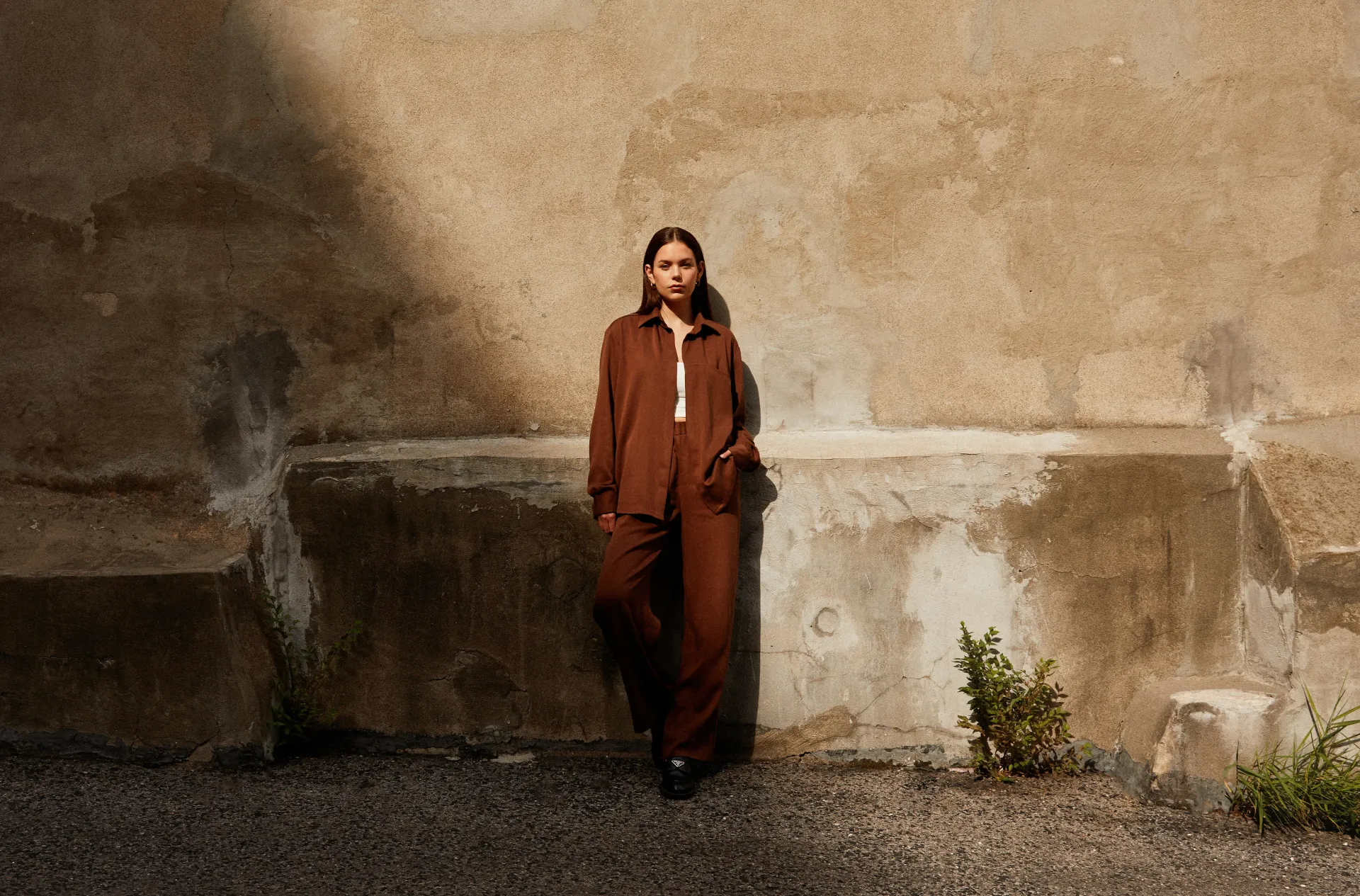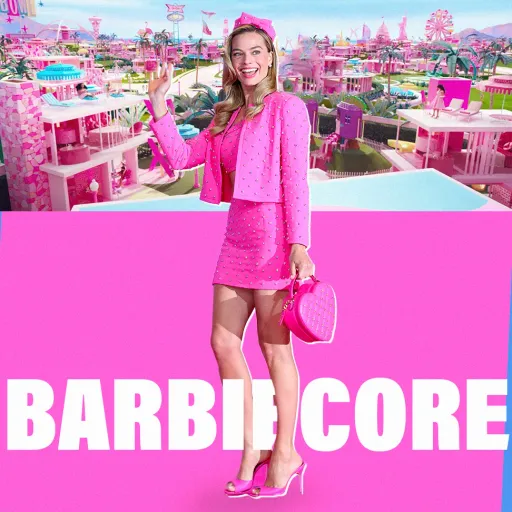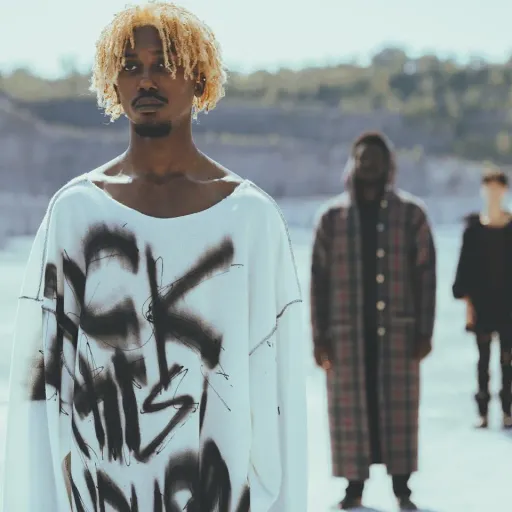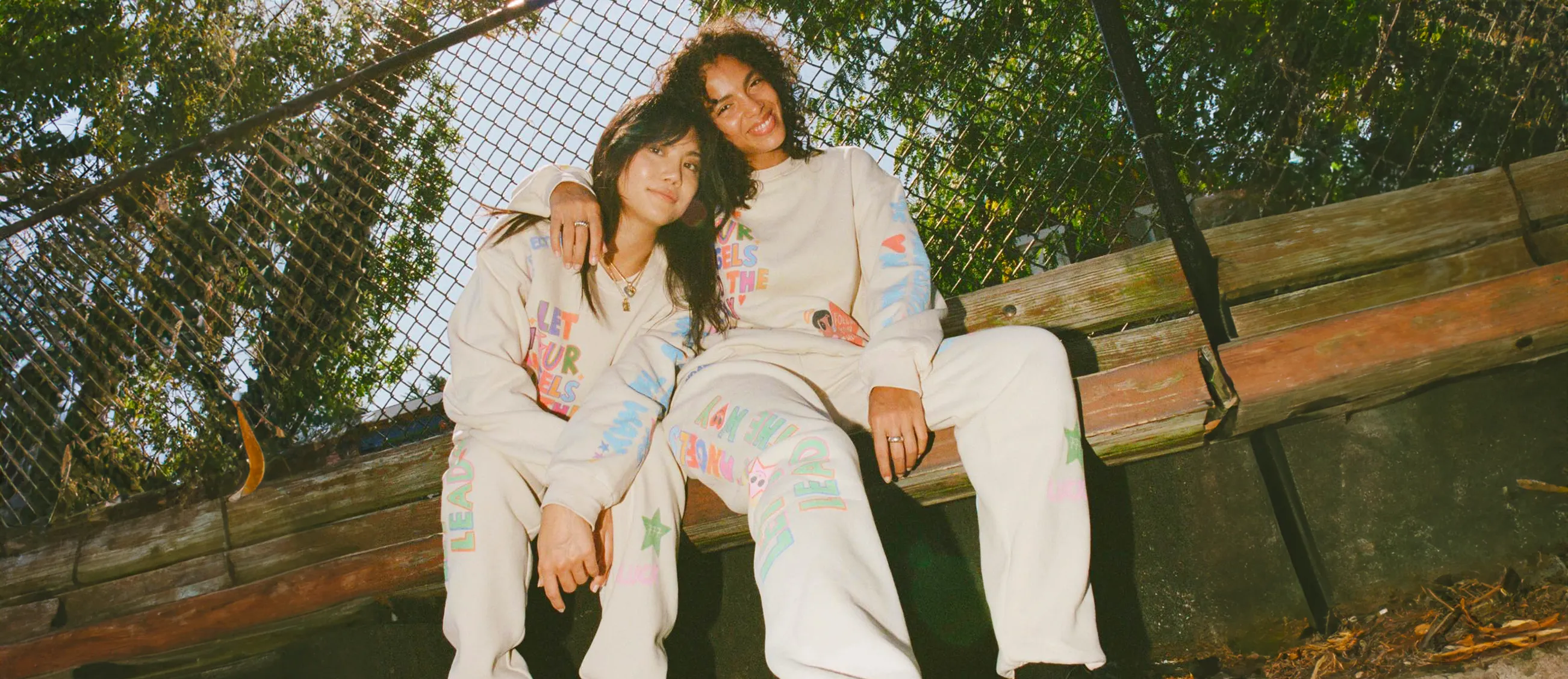
Caring is cool: How streetwear is starting the conversation around mental health and inspiring change
By Serena English
Streetwear is no new trend, but it seems that some brands are becoming more conscious than ever, designing clothes with purposeful messaging to connect with their community on a deeper level and spark meaningful conversations around the shared human experience and mental health. These brands are uniting people at a humanistic level with hoodies, t-shirts and caps containing supportive messages rooted in empathy towards mental health subjects to advocate for honest conversations in everyday life and expand authentic human connection.
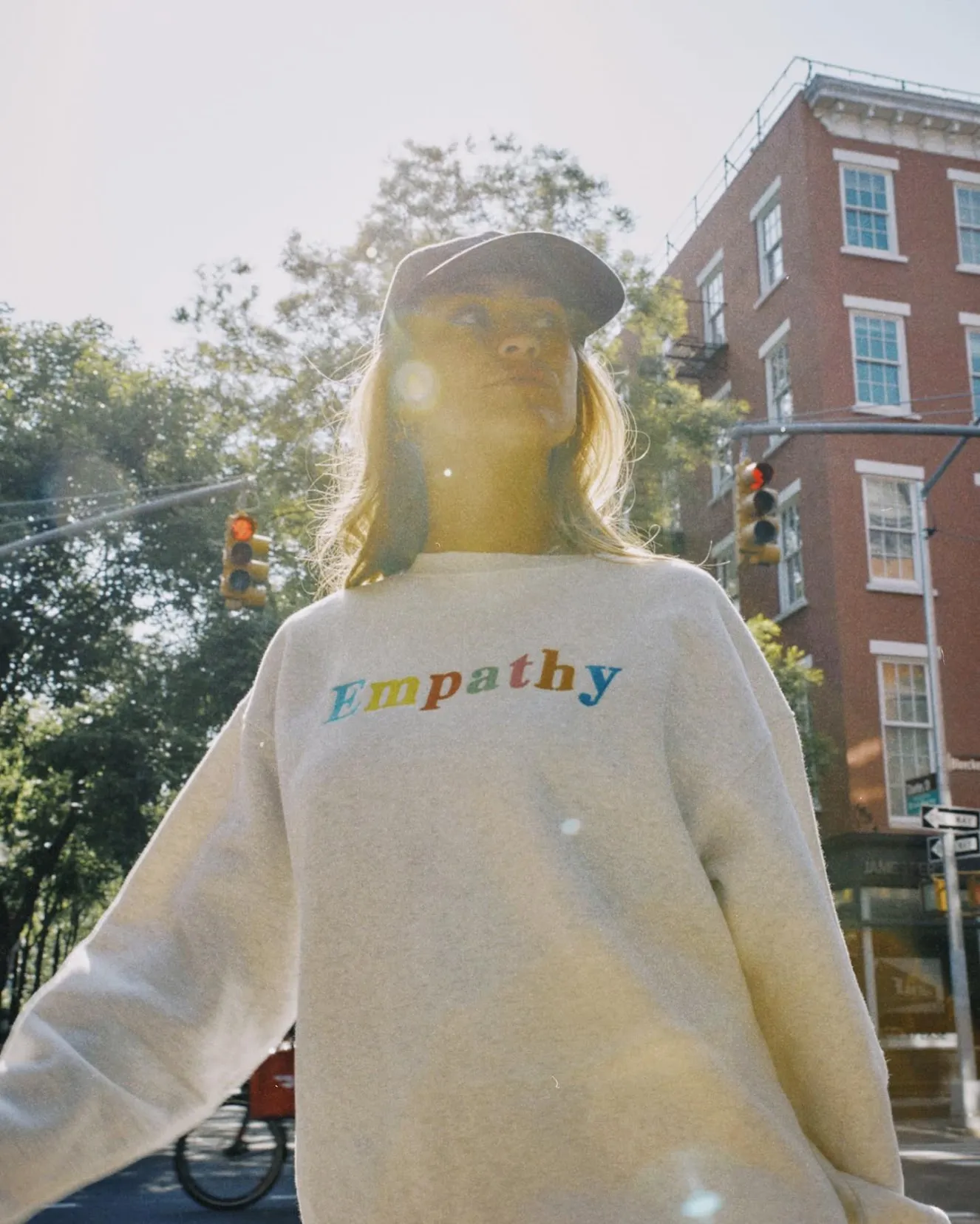
Origins of Streetwear & Cultural Influence
Community-based streetwear brings comfort to the next level by creating cozy loungewear pieces to make those wearing it embrace their vulnerable side and feel safe to (literally) wear their emotions proudly. With these meaningful messages printed on everyday clothing, these brands hope that their apparel can spark change and expand raw, emotional conversations with all strangers and friends alike in any setting.
It’s no surprise that streetwear is the trend to spark the conversation among mental health and community matters in the fashion world. Streetwear has its roots in support, emerging from subcultures taking inspiration from several influences such as New York Hip-Hop fashion, skate culture, California surfers, the punk movement, 70s fashion and Japanese street style. Categorized by casual clothing and comfort, key pieces of streetwear include graphic tees and hoodies with logos of brands that represent one of the subcultures or sayings/images that embody them. As the trend grew, so did streetwear’s cultural influence, evolving with society and reflecting the cultural landscape of its release time. With the increase of studies around mental health and its impacts, the subject matter is now being more publicized than ever, rising society’s mental health literacy and interest.
Since streetwear fashion is all about showing support and affinity, it makes perfect sense for this style to advocate for mental health and meaningful change; as Highsnobiety described it perfectly: “The streetwear scene is a place for people to feel simultaneously individual and part of something bigger” (Highsnobiety, 2023). The Mayfair group who is a pioneer of community based streetwear took this idea around streetwear to advocate for mental health matters. After the founder of the Mayfair Group struggled with her own mental health, she launched the Mayfair Group with a Instagram Safespace and first ever loungewear drop with empathetic messaging to “act as a catalyst for conversation and change” (Mayfair Group, 2017). However, it’s important to recognize that conscious apparel is not the solution to these complex mental health issues but rather a means of allyship and a way to raise awareness for them. The brands are there to support anyone struggling and act as a way to create more conversations around these illnesses to de-stigmatize them.
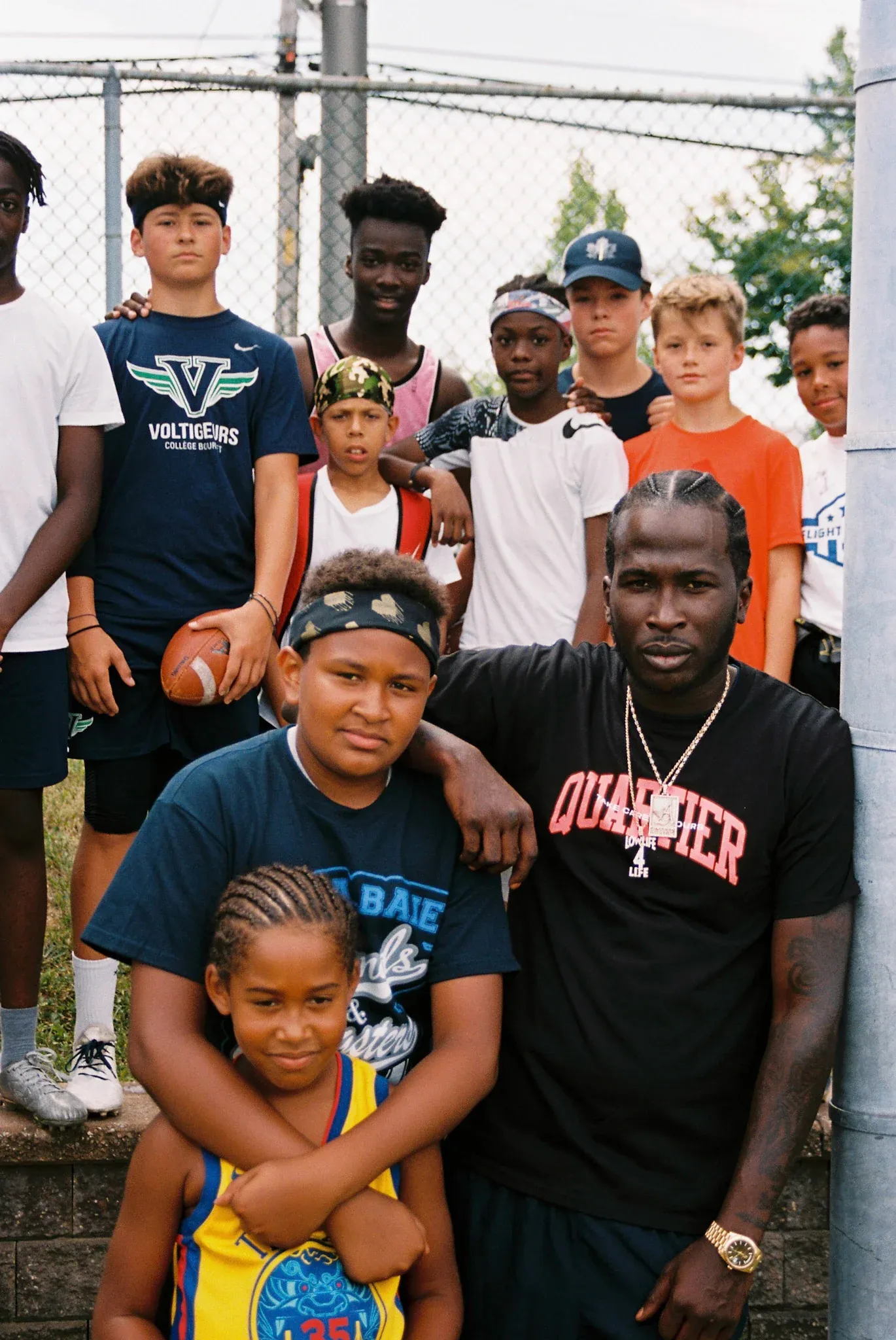
Brands Making a Difference
Several of these community/conscious based brands have their own initiatives to help with mental health matters. Montreal based streetwear brand Quartier launched the La Rue Inspire campaign that acts as a foundation to encourage genuine relationships within communities by promoting acts of initiative and responsibility to help build a more positive environment for future generations (Quartier, 2018). One of their first initiatives was titled H.O.W which stands for: ‘Health Our Way’ aiming to “Promote healthier life choices in an environment which makes it hard to do so” (Quartier, 2018), originating from the borough of St. Henri Quartier chose its name to represent the community that raised them and wants the feeling of community to be at the center of everything they do. La Rue Inspire is their foundation to make a genuine impact on their community and inspire those who don’t live in Montreal to do the same in their own respective communities. With every initiative La Rue Inspire takes, they release streetwear to represent the project’s values along with short videos to tease the drop and explain the mission behind it. Each initiative is often in collaboration with other brands and local businesses to cause a domino effect of support around the city. With Quartier’s slogan being “Take Care of Yours” the brand constantly reminds us the importance of care and not just for your community but also for yourself.
IDONTMIND is another organization with similar initiatives.The non-profit promotes mental health advocacy by providing free mental health education, resources and encouragement for anyone who may need it. The non-profit offers free resources or the option to purchase journals and apparel with the IDONTMIND logo to fund the accessible tools they offer. IDONTMIND is also rooted in creating a more positive environment with their name declaring their mission to support and empower those struggling with mental health to feel comfortable to talk about their struggles.
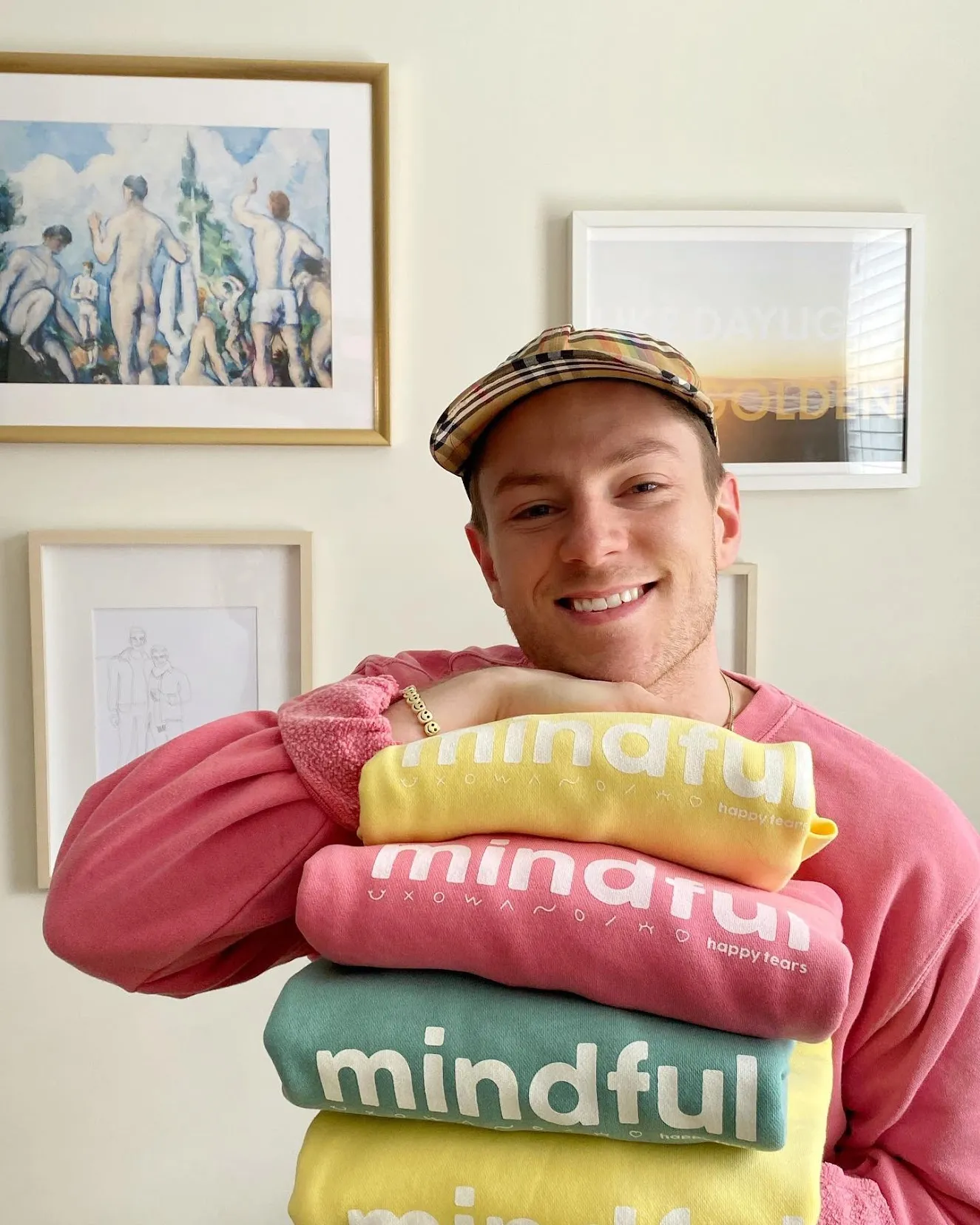
From Graphic Tees to Games, The Purpose is All The Same
The mental health movement is not only making its way into everyday life through fashion but also into the games-sphere with card games that aim to connect by containing questions that prompt vulnerable conversations. We’re Not Really Strangers was one of the first card games to take this initiative. Creator of the game, Koreen, didn’t just want to create a card deck but to start a purposeful movement to allow these deeper conversations to happen more frequently for humans to understand and truly get to know one another. Whether played with a friend, family member or complete stranger, We’re Not Really Strangers aims to spark genuine conversations to get real about what binds us a whole: life and the human experience. The brand offers several different types of games, all similar to the style of the original card game but get more specific to address certain areas such as self love, breakups, anxiety, healing and forgiveness with the Self Love Game, Couples Edition, Breakup Kit, Anxiety Kit, Forgiveness Edition and many more. The Montreal based brand Happy Tears is another brand with the same initiative. The brand most known for their bilingual Connect Deck aims to make meaningful connections with the players with bilingual questions that touch on deep subjects.
The name Happy Tears comes from the founder’s personal journey of self love, Brandon explains that to be truly happy is to embrace the full spectrum of emotions that us humans have which is why he created the connect deck to deepen relationships and create a safe space for the players to be vulnerable and really feel. Both games also have their own line of apparel with mental health messaging to enhance the initiatives found in their games to inspire others to have these conversations wherever they are with whoever they meet.
More editorials



